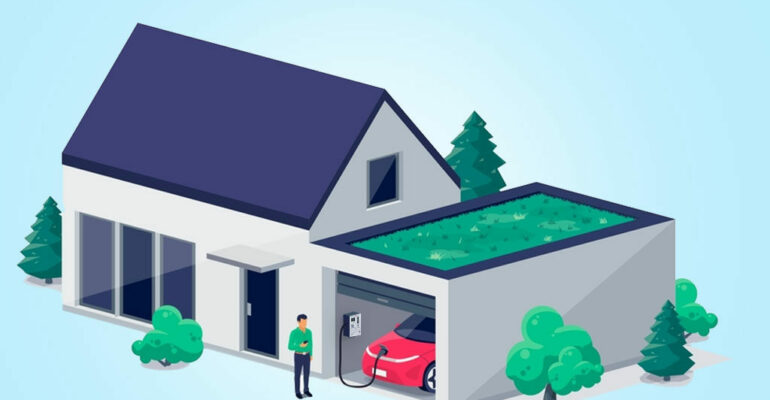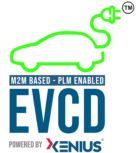Why every EV user needs home charger
February 24, 2023 2023-02-24 9:17Why every EV user needs home charger

Why every EV user needs home charger
INTRO: With EVs gaining acceptance on a wider scale, the issue of charging has also gained critical importance. Though the Government, as well as private players, are strengthening the public charging infrastructure at a rapid pace, having a home charger is recommended for a host of advantages it offers. But, of course, it has a few disadvantages as well. Here we discuss both.
Charging your EV at home allows you to save time. With a home charger, you can charge your car while you sleep, work or relax
While home charging is done at a subsidized rate of electricity provided by the Government, public charging is done at a premium because it is usually faster
Electric vehicles (EVs) are here to stay. In recent years, there has been a significant increase in the popularity and adoption of EVs, and this trend is expected to continue in the coming years due to environmental concerns, lower operating costs, Government incentives and improved technology.
With spurt in EV adoption, the issue of charging these vehicles also assumes significance. EV charging can be of two types – home charging and public charging; and both have their pros and cons. While home charging is done at a subsidised rate of electricity provided by the Government, public charging is done at a premium because it is usually faster. Leave aside speed, there are hosts of advantages of home charging, some of which are listed below:
- Convenience: A home charger allows you to charge your EV conveniently. You can simply plug in your car when you get home, and wake up to a fully-charged battery the next morning.
- Cost saving: Home charging is generally much cheaper than public charging. This can lead to significant saving, particularly for frequent EV- users
- Time saving: Charging your EV at home allows you to save time. With a home charger, you can charge your car while you sleep, work or relax
- Flexibility: Having a home charger gives you more flexibility and freedom to use your EV for longer trips or unexpected errands. Also, you can adjust your charging schedule to suit yourself
- Higher range: With a home charger, you can keep your EV charged and ready to go at all times, which can help maximise the vehicle’s range
But home charging has certain disadvantages as well. Some of these are:
- Upfront cost: Installing a home charging station can be expensive, and the cost depends on a number of factors such as the type of charging station, the installation process, and any necessary electrical upgrades.
- Limited speed: Home charging stations typically have lower charging speeds than public charging stations.
- Limited access: Home charging is not always an option for those who live in apartments, or don’t have to a dedicated parking slot


